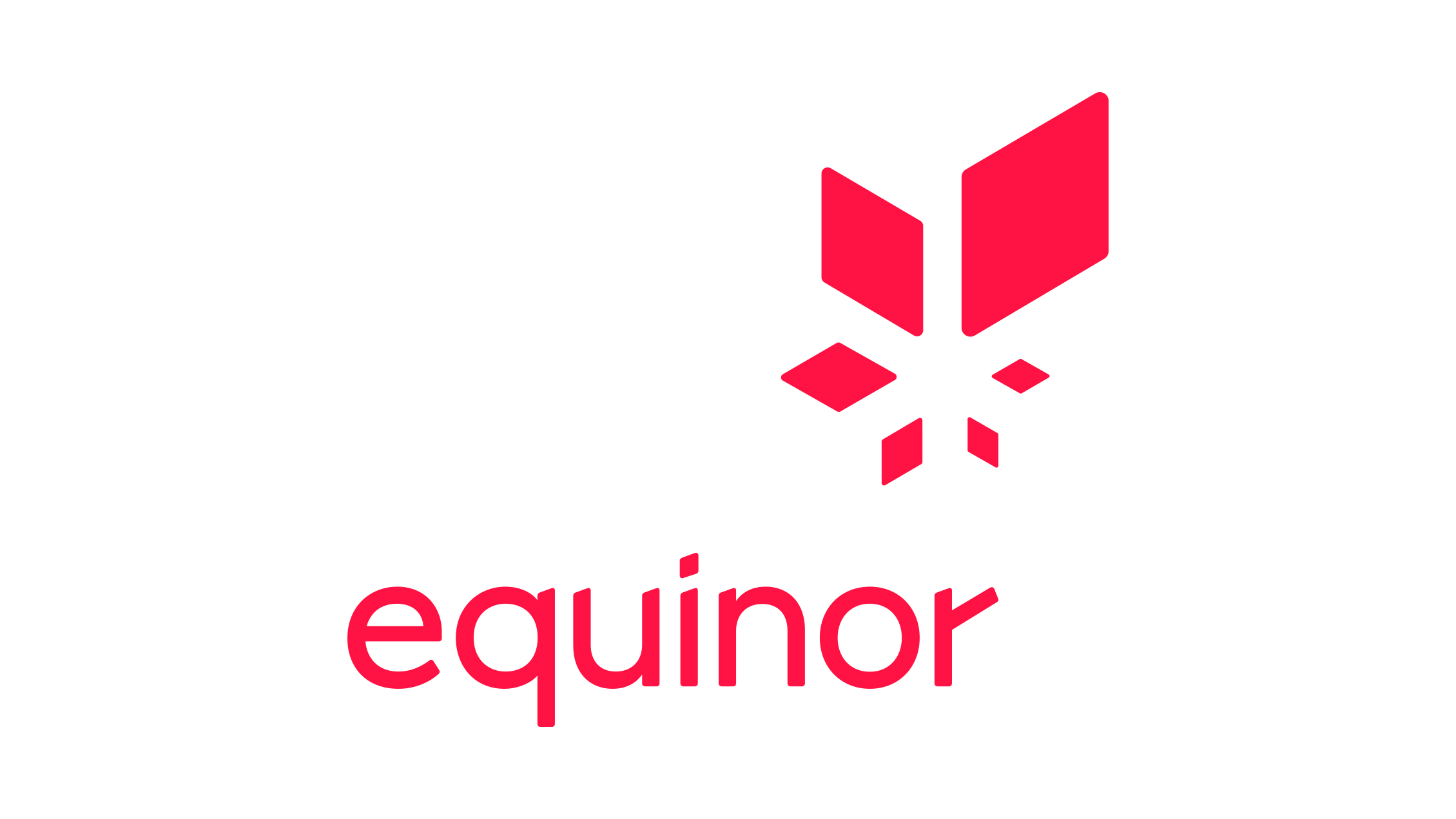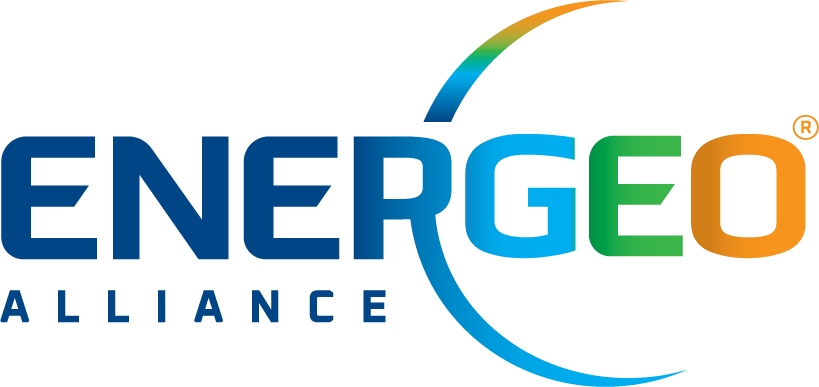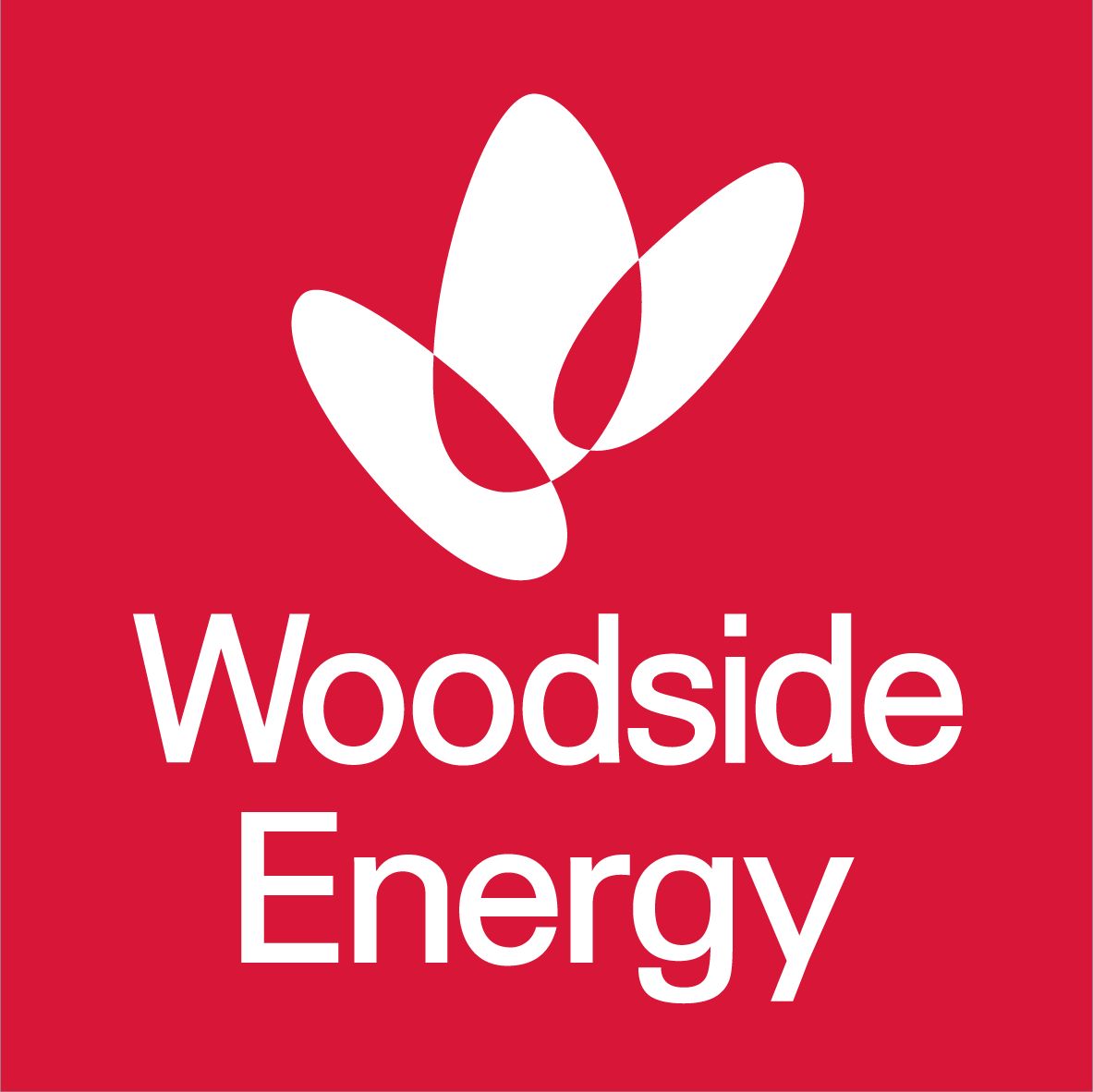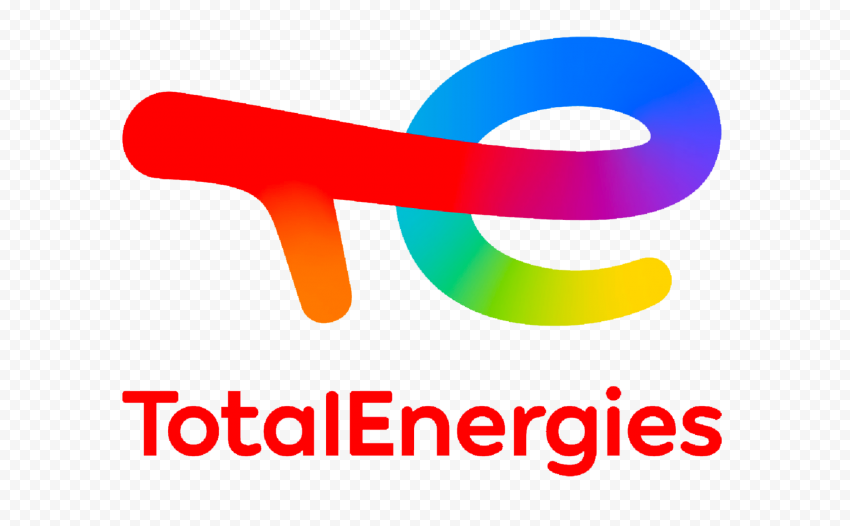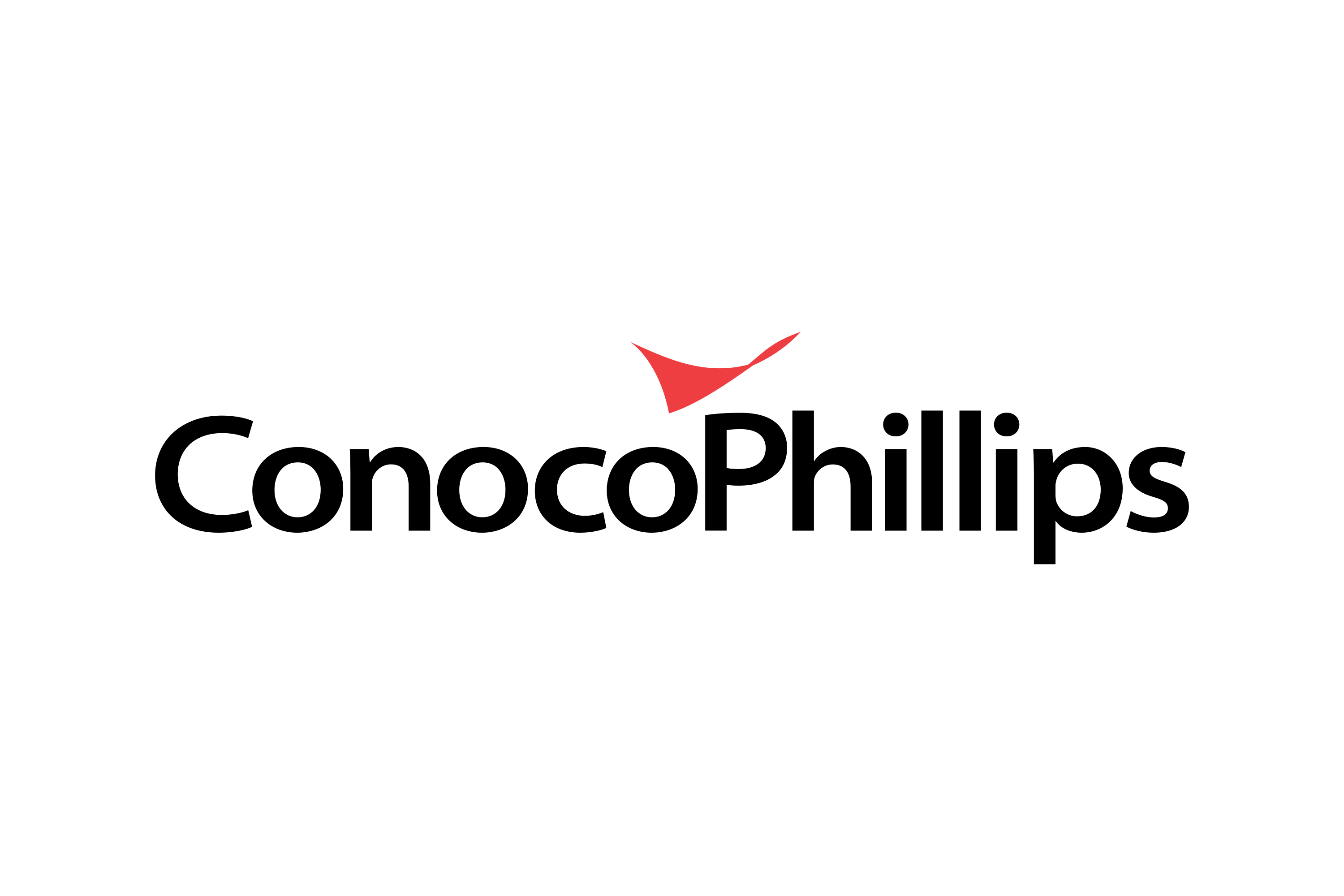Scientific understanding of marine sound
We firmly believe that effective policy must stem from good, independent science. Increased understanding of the effect of sound generated by exploration and production activity on marine life both helps governments make regulatory decisions based on sound science and the industry develop effective mitigation strategies.
While the sea is filled with a wide variety of natural and anthropogenic sounds there has been a particular focus on sound generated by seismic surveys. Seismic studies are absolutely vital to the industry. They create sound waves that bounce off different rock strata, just as submarines determine their location. The process of using seismic sound sources and capturing the data is known as a seismic survey. Interpretation of the seismic survey data allows exploration teams to understand the geology beneath the ocean floor. Seismic surveys are part of a suite of tools that help to define if an area is prospective for oil and gas and if there are locations that merit drilling. As such seismic surveys help to define the number of wells we have to drill and limit our activity in the marine environment.
As a result, a wide group of international oil companies and the International Association of Geophysical Contractors (Energeo Alliance) committed in 2006 to found a Joint Industry Programme (JIP) under the auspices of the International Association of Oil and Gas Producers (IOGP) to identify and conduct a research programme that improves understanding of the potential impact of Exploration and Production (E&P) sound on marine life.
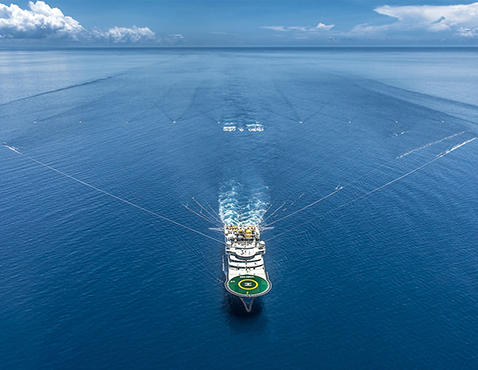
Objectives
-
1
Support planning of offshore activities and risk assessments.
-
2
Provide the basis for appropriate operational measures that are protective of marine life.
-
3
Inform policy and regulatory development.
JIP Structure
The JIP’s internal organisation
Originally the JIP had two principal management groups: The Executive Committee (ExCom) and the Technical Management Committee (TMC).
The ExCom, made up of environmental and business managers and industry scientists representing each of the JIP member companies with combined decades of experience of operating in marine environments. This group coordinated and approved funding based on recommendations from the TMC and an external advisory panel
The TMC defined and supported the research projects and technical programme and reported to the ExCom.
External Advisors
Collaboration is one of the founding principles of the JIP and we continue to deliberately engage world-leading scientists to guide our research to ensure that it conforms to the highest standards. An External Advisory Panel was originally established, made up of recognised experts from outside the industry (regulators, academics, NGOs and scientists). The EAP provided regular reviews of the programme’s direction and scope of work. Their independent voices ensure the credibility and authority of the research. With the technical programme fully underway individual EAP members were engaged on a project by project basis.
Project Level
In addition every research project was and continues to be coordinated on a more day-to-day basis by a Project Support Group (PSG) with a designated industry PSG Lead. PSG’s are made up of technical and research personnel from JIP member companies, who work alongside the researchers in order to share ideas, explain industry practice and monitor project status and delivery.
An Evolving Programme
In 2019, the ExCom and TMC were combined to form a single overarching group Technical Management Group responsibility for the continued coordination the existing technical programme. With external advice continued being sought from individual EAP members on a project by project basis.
Today as various long term projects come to a close, the JIP structure has been redefined into a single Management Steering Group, which in recognition of a changing membership structure increasingly active in both renewable and traditional hydrocarbon development activities, has redefined its ambition to collaborate across offshore industry sectors.




